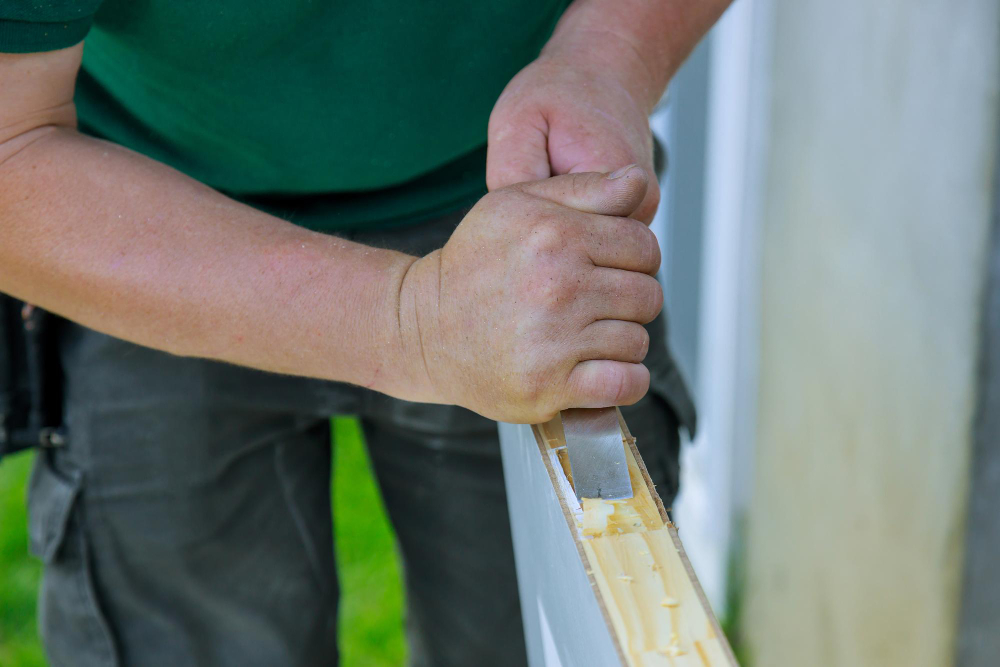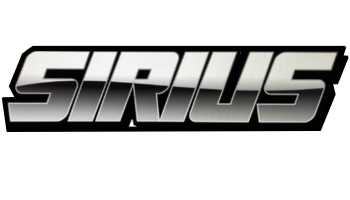
Tips for Choosing the Right Concrete Cutter for Your Project
Cutting concrete is precise and requires the right usage of tools. Choose the right concrete cutter for your home remodel or huge building project for optimum results. Find the top concrete cutter for Epoxy Flooring in Brisbane with our advice.
Types of Concrete Cutters
Different concrete cutters are best for different jobs. These are the important types to think about:
Handheld Concrete Cutters
Portable concrete tools are appropriate for smaller, more intricate applications. Gas or electric, their diamond-shaped blade cuts concrete.
• Best For: Making small repairs, precise cuts, and tasks that require less maintenance.
• Pros: It’s lightweight, and easy to use. It’s good for doing thorough work.
• Cons: It doesn’t cut as deeply as bigger, stationary types.
Walk-Behind Concrete Saws
• Description: Walk-behind concrete saws are bigger and made to cut through tough materials. They often cut through big slabs, sidewalks, and roads.
• Best For: It works best for big jobs, deep cuts, and heavy-duty tasks like Epoxy Flooring in Brisbane.
• Pros: It has more cutting depth and power and can be used in big areas.
• Cons: It takes up more room and is harder to move around than handheld models.
Wall Saws
Description: Wall saws cut holes or niches in concrete walls. They are placed on walls or other vertical surfaces.
• Best For: Best for cutting vertically, making holes in walls, and cutting reinforced concrete.
• Pros: It can make deep cuts and cut precisely on vertical objects.
• Cons: It needs a permanent setup and is usually more specialised and less movable.
Floor Saws
• Description: These tools cut into flat areas like floors, driveways and sidewalks. They can run on diesel, petrol, or electricity.
• Best for: Making deep cuts in a lot of floor or ground.
• Pros: It works well on big surfaces and lets you change the cutting depth.
• Cons: It needs room to work and can’t make straight cuts.
Power Source
The concrete cutter’s efficiency, portability, and ability to work on your project will depend on its power source. Take a look at these choices:
• Gas-powered cutters: These are great for big jobs that need to be done outside or in places without electricity. They have much power and can cut deeply, but they produce fumes and must be serviced often.
• Electric Cutters: These can be used for work inside or in places with power outlets. They are less noisy, cleaner, and easier to keep up, but they might not be able to cut as deeply or move around as easily.
• Hydraulic Cutters: These are used for specific tasks requiring accurate cutting. They are strong and effective, but you might need extra tools.
Cutting Depth and Width
Different concrete blades can be cut in different ways and at different depths. Make sure that the cutter you pick can handle the needs of Joint Sealing in Brisbane:
• Depth Capacity: Check the cutter’s highest cutting depth to ensure it fits your needs. You need a bigger cutter that can go deep to make deep cuts.
• Width of Cut: Think about how wide you want the cut. Cuts may need to be narrow for some jobs and wider for others. Figure out what size cutter you need based on the cut width you want.
Ease of Use and Safety Features
When choosing a concrete cutter for Concrete Scanning in Brisbane, safety and ease of use are very important:
• Ergonomics: Ergonomic cutter handles and settings make cutting easier and more comfortable.
• Safety Features: For safety, check the cutter for blade guards, safety switches, and anti-vibration systems.
• Maintenance and Support: Pick a cutter with easy-to-reach repair features and good customer service. It needs to be maintained regularly for the tools to last and work well.
Budget and Cost Considerations
There is a wide range in prices for concrete cuts based on their type, power source, and features. Think about your budget and make sure it fits with what your project needs:
• Initial Cost: Although better tools may cost more initially, they last longer and work better. Think about how buying a good cutter for Concrete Scanning in Brisbane will help you in the long run.
• Operating Costs: Think about how much it will cost to run and keep the cutter, such as for fuel, electricity, and new blades.
Conclusion
Consider your project’s needs, the varieties of concrete cutters available, power supply, blade type, cutting depth, and safety features when choosing one. Selecting the proper concrete cutter lets you cut swiftly and accurately, reduce errors, and maximise project results. Joint Sealing in Brisbane is simple with planning and the correct instruments. You just need to choose a company that makes you choose a reliable and customer-focused concrete cutting company.

